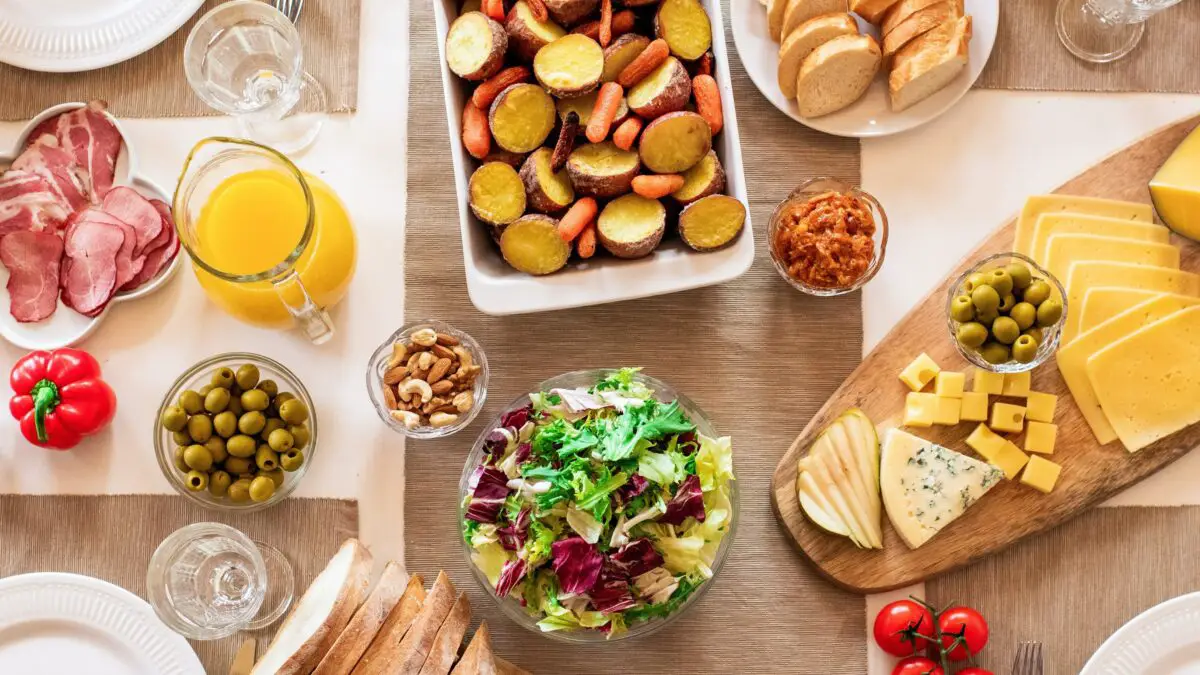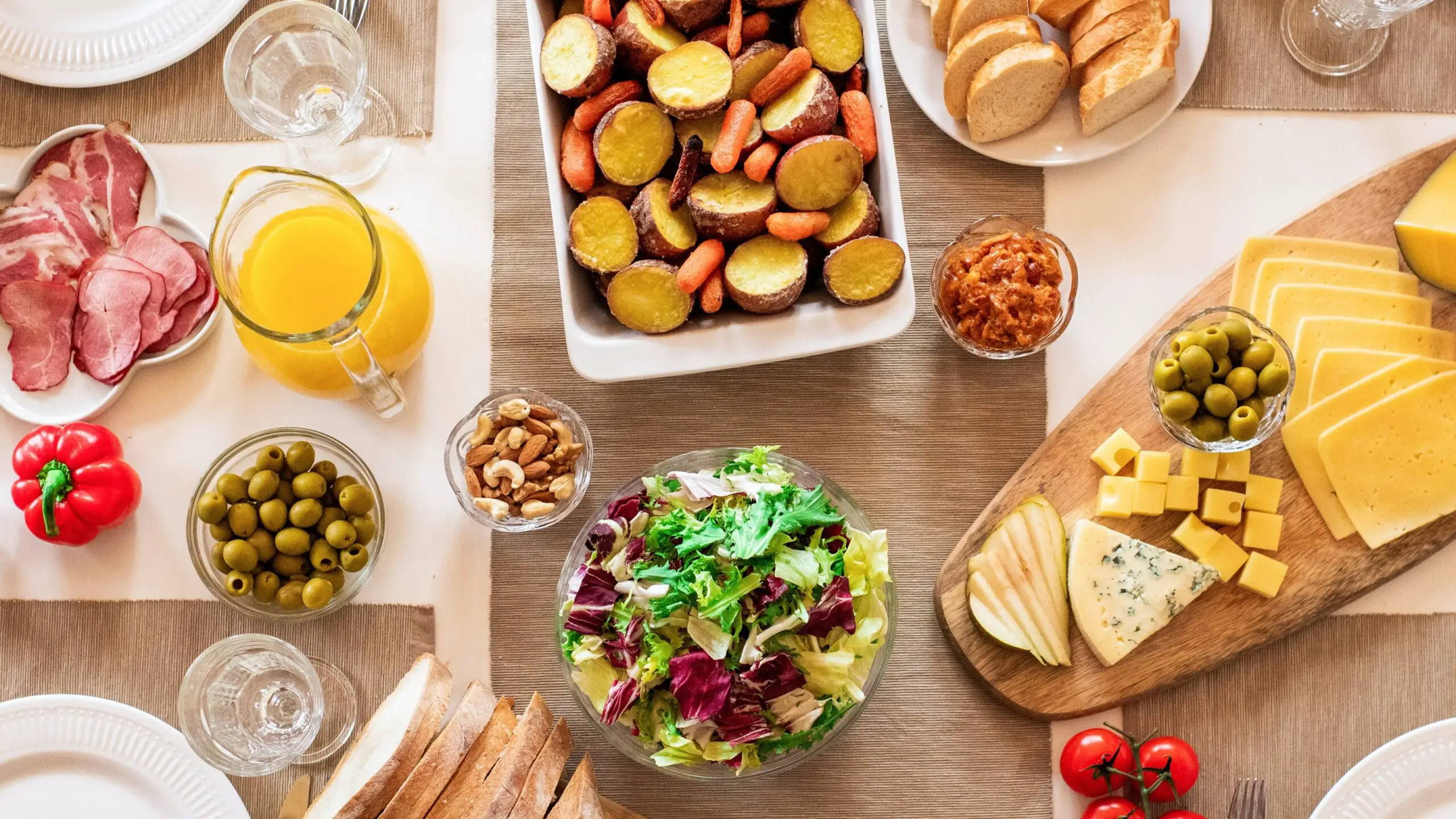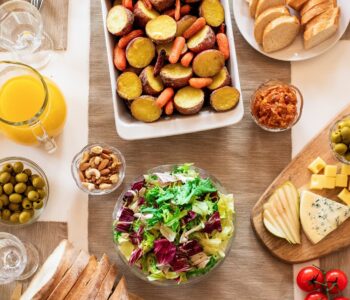What’s the difference between countable and uncountable nouns, and what grammar rules do you need to know to use them correctly?
Also known as count and noncount nouns, this vocabulary point can trip you up when you’re learning English as a second language. It’s especially tricky because:
- There are no concrete rules for classifying nouns as countable or uncountable (although there are some general guidelines that we will explain later).
- Certain nouns that are countable in other languages may be uncountable in English, so you’ll have to un-learn what you know from your native language and learn a different set of rules for English words.
So, let’s take a detailed look at countable vs uncountable nouns, with plenty of examples showing how to use them with the correct articles, quantifiers, and other determiners.

The basics of countable and uncountable nouns
What is a countable noun?
A countable noun (also called a count noun) is a noun naming something that can be counted using standard numbers. Countable nouns usually have singular and plural forms.
Examples of countable nouns include chair, table, rabbit, page, part, and lemon.
So, we can have one chair, five tables, ten rabbits, twenty-three lemons, and three hundred pages.
You are probably already familiar with this pattern of counting things in English.
What is an uncountable noun?
An uncountable noun (also called a mass noun or a non-count noun) is a noun naming something that cannot be counted in English using standard numbers. These nouns cannot be made plural.
Examples of uncountable nouns include rice, money, advice, news, and happiness.
We cannot have one rice, five monies, two advices, or a happiness.
Instead, we must use different determiners to quantify these particular things: a cup of rice, a bag of money, and a piece of advice.
Now you know these basics, it’s time to take a deeper look at what this means in practice. You need to know whether you’re dealing with a countable or uncountable noun so you can select the correct determiners and plural forms in your writing and speech.
Rules for using countable nouns
We’ll begin by going over the rules for using countable nouns, since these are most straightforward.
Countable nouns:
- Can be separated into whole, individual, countable units
- Broadly refer to people, places, and things
- Have a singular and a plural form (with a few exceptions like sheep, deer, fish) – see this site for more about how to form plurals
- May take indefinite articles (a/an) as well as the definite article (the)
- May take other determiners such as this/that/these/those, some/any/few/many/several, my/your/his/her/our/their
- To form a question about a countable noun, we say ‘How many…’
Countable noun example sentences
Most of the nouns we use in English are countable. Here are some example sentences showing correct usage:
- I have two cats as pets.
- She bought a few books from the store.
- We went to the zoo and saw several giraffes.
- The school has six classrooms for different subjects.
- He has a collection of ten stamps.
- My father owns a few bikes.
- The store has a variety of balloons in different colors.
- He has five siblings: three brothers and two sisters.
- There are many oranges in the fruit basket.
- The bakery doesn’t have any bread left.
- I would like to buy that handbag.
- How many meals should I order at the restaurant?
Read about the difference between few vs a few here.
Rules for using uncountable nouns
Uncountable nouns are used less often in English, and they:
- Are abstract ideas, qualities, or masses that can’t be separated and counted individually
- Do not have a plural form and are treated as singular nouns (and therefore take the singular form of the verb)
- May take the definite article (the) but do not take the indefinite articles (a/an)
- May take other determiners such as much/little/less/any/some and my/your/his/her/our/their
- Can be quantified with phrases that contain countable nouns (e.g. a bag of rice)
- To form a question about an uncountable noun, we say ‘How much…’
See also: What’s the difference between less and fewer?
Uncountable noun examples
We can group uncountable nouns into some broad categories. Although we cannot list them all here, the following groups are a general guide that may make it easier for you to identify others in the future:
| Uncountable noun category | Examples |
|---|---|
| Liquids and gases |
|
| Foods that form a mass or cannot (easily) be counted individually |
|
| Feelings and emotions |
|
| Natural substances |
|
| Subjects of study (including languages) |
|
| Abstract concepts |
|
| Activities ending in -ing |
|
| Other |
|
This may seem like a long list of uncountable nouns; however, there are hundreds more.
Quantifying an uncountable noun
Although we can’t quantify uncountable nouns using numbers, we can add a countable unit of measurement to refer to one or more quantities of these things. Below are some of the most common quantifiers we can use to refer to things that are uncountable.
- A piece of…
advice, art, cheese, equipment, evidence, furniture, homework, information, luck, luggage, music, news, paper, poetry, publicity, rubbish, software - A bottle of…
beer, water, wine, sauce, salad dressing - A carton of…
juice, milk, cream - A packet of…
ketchup, rice, gum - A plate/bowl of…
cereal, pasta, rice - A drop of…
blood, oil, rain, water - A game of…
badminton, chess, football, soccer, tennis - A ray of…
hope, light, sun - A grain of…
sand, rice, sugar, dignity - A cube of…
ice, sugar - A blob of…
toothpaste, mayonnaise, glue - A pane of glass
- A round of applause
- A bar of soap
- A mode of transport
- A bolt of lightning
- A blade of grass
- A rasher of bacon
- A sheet of paper
Determiners for count and noncount nouns
You’ll have seen from the examples above that certain determiners can only be used for one type of noun, whereas others can be used with both countable and uncountable nouns. Here’s a handy reference table for these, although this is not an exhaustive list.
| Countable | Uncountable | Both (countable / uncountable) |
|---|---|---|
| Many: I don’t have many friends. | Much: I don’t have much luck in life. | Some: May I have some sandwiches? / May I have some juice? |
| Too many: You’re trying to fit too many people into the car. | Too much: I have too much homework to do. | Any: Do you have any pets? / Do you have any advice? |
| How many: How many sweets do you have left? | How much: How much money do you have left? | Not any / hardly any: I have hardly any shoes that fit me. / I have hardly any experience. See also: More confusing adverbs like ‘hardly’ |
| Few / a few: I only have a few sweets left. | Little: I have little hope that he will succeed. | All (of): Please put all of the apples in the bowl. / Please put all of the rubbish in the bin. |
| Fewer: I have fewer books than you. | A little (bit of): I only have a little money left. | No: I have no children. / I have no time. |
| Each: Each student will receive a certificate. | Less: I have less experience than you. | None of: None of the bananas are ripe. / None of the meat is cooked. |
| Every: Every painting in this house tells a story. | Other: Are there any other printers in the office? / Is there any other information I should know? | |
| Several: I carry several spare hairbands with me at all times. | A lot of / lots of / loads of / plenty of: I have lots of ideas to share. / I have lots of stuff to give away. | |
| Another: Do you have another pen? This one is out of ink. | Enough: Do you have enough potatoes? / Do you have enough bacon? | |
| Only: This is my only raincoat. / This is my only advice. |
Most other adjectives can modify both countable and uncountable nouns.
See also: What’s the difference between advice vs advise?
Some nouns can be countable and uncountable
You might often hear people say something like “I take two sugars in my tea”. What they really mean is “two teaspoons of sugar”, but the noun “sugar” has taken on that meaning and become countable.
In this way, uncountable nouns can sometimes be used as countable when referring to a complete unit or measurement of something, normally in relation to food and beverages. Here are some more examples:
- I’ll have three coffees, please. (three cups of coffee)
- I’ve had too many beers tonight! (glasses/cans/bottles of beer)
- Could I get two more ketchups? (two sachets of ketchup)
Uncountable nouns may also be used as countable when they refer to a specific type, example, or category of something. For example:
- You should have at least five different cheeses on your cheese board.
- The best wines in the world are produced in France.
- We used three woods to make this beautiful box.
- They encountered a lot of difficulties while completing the project.
- These juices are all freshly squeezed.
These plural countable nouns are exceptions to the rule given earlier.
Nouns with different countable and uncountable meanings
To make things even more confusing, certain nouns in English have two or more meanings. When a noun refers to different things, one countable and one uncountable, you must remember which is which in order to form a correct sentence. Here are some common examples of words with dual meanings:
| Noun | Definition – countable | Definition – uncountable |
|---|---|---|
| Gear | Part of a machine used to change speed | Equipment used for a particular activity |
| Glass | A drinking vessel | A material used for windows |
| Glasses | Drinking vessels | Spectacles (eye glasses) |
| Hair | An individual strand of hair | The growth of hair on a particular creature or area of the body |
| Iron | A device for getting wrinkles out of clothes | A chemical element |
| Paper | A newspaper or published academic work | A material used for writing, printing, etc. |
| Power | A special ability | A source of energy |
| Room | A walled area within a building | Physical space |
| Youth | A young person or teenager | The period of life when one is young |
As you can see, English can be hard to learn. Fortunately, you can always check in a dictionary to see whether a noun is countable or uncountable. Some dictionaries, such as Oxford Dictionaries, specify this in the definition.
We hope this information about countable vs uncountable nouns has been helpful. It can be quite a tricky English grammar topic to get right because, even once you have mastered the rules of count and noncount nouns, there is still no hard-and-fast way to know which words are which, unless you look them up.
Leave a comment below if you have any more questions about this topic or want to check your understanding of a particular point we’ve mentioned.


